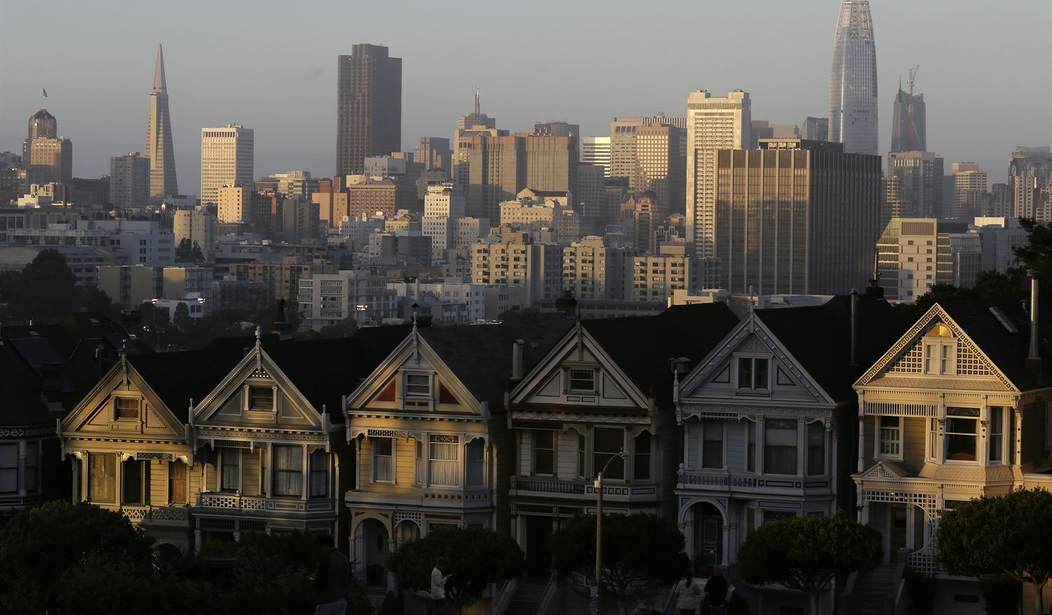In January San Francisco’s African American Reparations Advisory Committee (AARAC) released it’s plan for making things right. The big headline to come out of the plan was a reparations payment of $5 million to each black San Franciscan.
AARAC calls for one-time, lump-sum reparations payments of $5 million to each eligible recipient. The amount could cover the “the economic and opportunity losses that Black San Franciscans have endured, collectively, as the result of both intentional decisions and unintended harms perpetuated by City policy,” the draft states.
To qualify for the payments, residents must be 18 at the time the committee’s proposal is enacted, and have identified as Black or African American on public documents for at least 10 years. They may also have to prove they were born in the city between 1940 and 1996, have resided in San Francisco for at least 13 years, and be someone, or the direct descendant of someone, incarcerated during the war on drugs.
If the requirements sound a bit confusing, that was my take as well. In fact, it wasn’t clear to me that you even had to reside in San Francisco or to have ever done so in order to be eligible for the payment. That struck me as a wrinkle in the plan and maybe a sign that the authors hadn’t been that careful in crafting it.
In any case, there was also another recommendation in the plan which seemed fairly significant but which didn’t get as much media attention. The AARAC proposal had an economic empowerment section which would require the city to supplement the income of all African-American households for the next 250 years.
As I pointed out at the time, there was no suggestion in the proposal how many people would be eligible for all of this. I did my best to come up with a ballpark estimate which was about 30,000 people which meant a lump sum payment of $150 billion, more than 10 times the city’s annual budget. There was also nothing in the document about how the AARAC proposed to pay for this which, again, seemed like an indication that the authors weren’t too serious about this.
Today the Washington Post has a follow-up story which includes a not-terribly-surprising revelation. There was no math done to come up with this proposal.
“There wasn’t a math formula,” said Eric McDonnell, chair of the reparations committee and the principal of Peacock Partnerships, a San Francisco-based consulting firm. “It was a journey for the committee towards what could represent a significant enough investment in families to put them on this path to economic well-being, growth and vitality that chattel slavery and all the policies that flowed from it destroyed.”…
John Dennis, chairman of the San Francisco Republican Party, says that he’s open to a conversation about whether Black residents should receive reparations but that the proposal wasn’t a serious effort to start one.
“This is just a bunch of like-minded people who got in the room and came up with a number,” he said. “You’ll notice in that report, there was no justification for the number, no analysis provided. This was an opportunity to do some serious work and they blew it.”
Naturally, the Post frames the pushback on this as conservatives pouncing. But even the Post does its best not to spell out the scope of the problem with the recommendation:
San Francisco’s $5 million proposal, multitudes larger than amounts being discussed in other communities has drawn intense backlash from conservatives who lambaste the idea as financially ruinous for a city with an annual budget of $14 billion that is still recovering economically from the pandemic. The proposal doesn’t explain who would qualify, but if even a fraction of the city’s 50,000 Black residents met the criteria, it would consume a huge amount of its annual budget.
If only half of those black residents were eligible, that would mean a payment of $125 billion which is roughly nine times the city’s entire annual budget. If just 10% of black San Franciscans were deemed eligible, it would still consume the entire annual budget plus nearly the following year’s entire budget. And can you imagine how much the city would spend fighting lawsuits if only 10% were deemed eligible? It would take the city years to reach an agreement with everyone who didn’t qualify.
Despite the fact that the committee pulled this number out of the air and the fact that the city can’t possibly afford it, some are still on board:
“I think that the people who are so focused on the dollar amount are really just attempting to undermine reparations for Black people,” said Walton, the board’s only Black member. “People are going to have to get comfortable with the fact that to do reparations there’s going to be some costs and figuring out how to achieve that is where the real work happens.”
So there you have it. San Francisco has put forward a proposal made without any reference to pesky math and those who point out that it’s not remotely possible are just not on the right side of history. Better to bankrupt the city for a decade or more than to concede this level of reparations just isn’t fiscally rational.








Join the conversation as a VIP Member